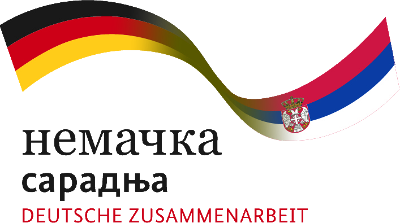AUSTRIA
Austria is characterised by its climatic conditions and alpine natural areas. About 2/3 of the area is covered by the Alps. Harsh winter weather conditions but also approximately 48 % in total is covered by forests. Therefore, the provision with thermal energy for heating purpose has an important role in the energy landscape of Austria as well as the usage of biomass.
Around 28 % of the primary heating systems are district heating. The primary energy in district heating systems is provided by 45.4 % biomass, 35.5 % natural gas, 7.9 % residual waste. Other sources are oil (6.3 %) and coal (3.7 %). The amount of DHS has increased in the last year constantly.
There are big district heating systems in cities like Vienna and Graz as well as small – mainly renewable operated – DHS in small towns and villages. In total there are about 2,300 biomass DHS with 6,100 GWh of thermal energy. The total installed power in Austria of biomass DHS is 2.1 GW.
Current topics and challenges will be addressed in terms of energy efficiency, lowering the system temperature and integration of secondary energy sources like industrial waste heat and heat pumps. The most important goal is to increase the share of biomass and renewable energy sources in district heating systems. The aim is to ensure that the heat supply contributes to the achievement of global climate targets and that regional added value is achieved. Therefore a main focus will be addressed on the knowledge transfer between the different operators and the improvement of current facilities which will be renovated.
KeepWarm resources
KeepWarm Showroom of replicable and bankable DHS pilot projects
The purpose of this Service Pitch Book is to relay the availability of replicable, bankable examples of DH-retrofits for both energy efficiency (EE) and integrating more sustainable energy sources (i.e. RES and/or excess heat, ExH), as well as providing information about national contexts, especially useful to audiences outside a particular country. It highlights the pilot DHSs which have been actively participating in KeepWarm’s activities, giving them visibility as well as stimulating networking opportunities to reach out to them directly for improving DH even further.
This Showroom has been translated into the languages of KeepWarm project partners. Please find here the Austrian version.
KeepWarm Guidance Document
This guidance document has been created as a means of helping you navigate some of the key issues involved in upgrading your district heating (DH) by using more sustainable energy sources, namely from a variety of viable renewable energy sources and/or excess heat harvestable from industrial/commercial processes. Integrating and fully-switching to these greener DH alternatives makes sense not only at an operational level, but is greatly supportive, if not essential, for the successful implementation of a variety of Europe’s flagship policy initiatives.
This Guidance Document has been translated into the languages of KeepWarm project partners. Please find here the Austrian version.
Capacity Building
The tailor made Capacity Building programme for Austria covers training topics identified by Austrian DHS operators and staff during the needs assessment phase. The highest priorities have been given to technical topics. Organisational topics and RES and EE including waste to energy aspects have also been considered as important. The trainings have been evaluated through anonymous questionnaires by the trainees.
Replicable DHS demo cases
News archive
Country project partner
The Landwirtschaftskammer Steiermark (Lk-Stmk) represents the interests of Styrian farmers since 1929. Today it has around 55'000 members. Through intensive advice activity in the past 20 years, Lk-Stmk played a decisive role in Styria's development into a model region in the field of heat and electricity production based on biomass, -gas and bio-fuel transport. Within the project, Lk-Stmk is in charge of preparing feasibility studies. It will also support DHS pilot project implementation in Austria.



